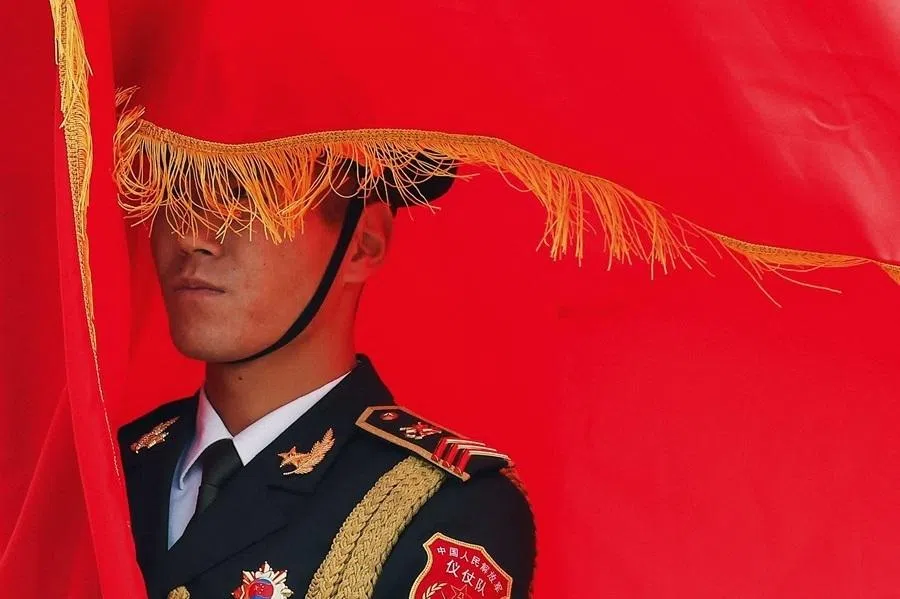Can Biden and Xi seize the day and create breakthroughs in international relations?
Former journalist Goh Choon Kang looks at the global situation, from central Asia and the Caucasus to China-US relations, and how tensions might be de-escalated and countries can work together rather than against one another.
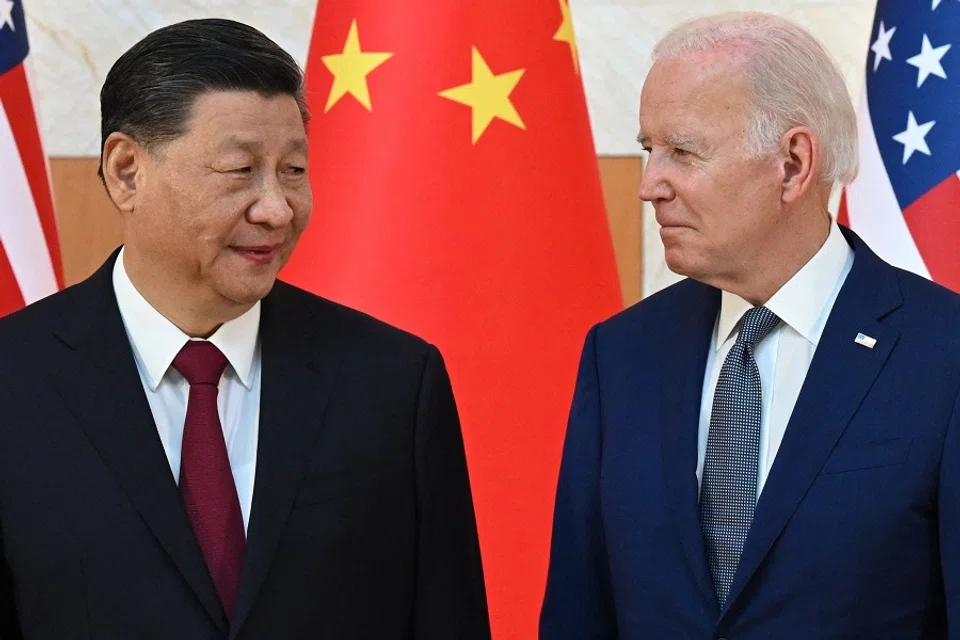
On 28 September 2023, Russian media outlet Sputnik released the news that Samvel Shahramanyan, the head of the unrecognised Republic of Nagorno-Karabakh, had signed a decree to terminate the existence of the republic from 1 January 2024. A conflict that had lasted 32 years was brought to an abrupt end just like that, to everyone's astonishment. However, behind this seemingly sudden change is in fact a web of complicated international relations.
Nagorno-Karabakh - also known as Artsakh - is a small mountainous area of about 4,000 square kilometres in Russia's backyard, in the southwestern area of Azerbaijan, wedged between Azerbaijan and Armenia. It has a population of around 120,000, mainly ethnic Armenians, and is generally considered part of Azerbaijan territory.
Dispute between Armenia and Azerbaijan
After the collapse of the Soviet Union in 1991, Azerbaijan and Armenia declared their independence, but fell into dispute over Nagorno-Karabakh, going to war over it on two occasions. In late 1991, the ethnic Armenians in Nagorno-Karabakh declared "independence" as the "Republic of Nagorno-Karabakh", but the UN and a majority of nations did not recognise it; Armenia openly supported it. Armenians are mostly Christians, while Azerbaijanis are mostly Muslims.
In 1994, Armenia and Azerbaijan agreed to a ceasefire, but have remained hostile since, with armed skirmishes occurring now and again. The last clash took place in September 2020, and lasted for six weeks. With Russia playing mediator, both sides stopped fighting and agreed to let a Russian peacemaking force be stationed in Nagorno-Karabakh.
In this war, Azerbaijan has taken about a third of the land. This year, it saw its opportunity and blockaded the Lachin Corridor, the sole economic link between Nagorno-Karabakh and Armenia, before launching further attacks in September. The separatist forces were left defenceless; they could only surrender and sign a treaty mediated by Russia. Many ethnic Armenians in Nagorno-Karabakh had no choice but to flee their homeland and seek refuge in Armenia.
In this global game of chess, the big nations are tussling while the small nations are also making moves, albeit at differing levels.
Russia and the West staying out of it
Why did Russia refrain from helping Armenia this time? It is commonly thought to be due to three reasons. One, Russia sent troops to Ukraine in 2022 and became deeply mired with no room for distraction, just hoping to end the war as soon as possible. Two, since its colour revolution in 2018, Armenia has been making overtures to the West, even proclaiming at one point its wish to join NATO, to extreme displeasure from the Kremlin. Three, Turkey has been strongly supporting Azerbaijan in recent years.
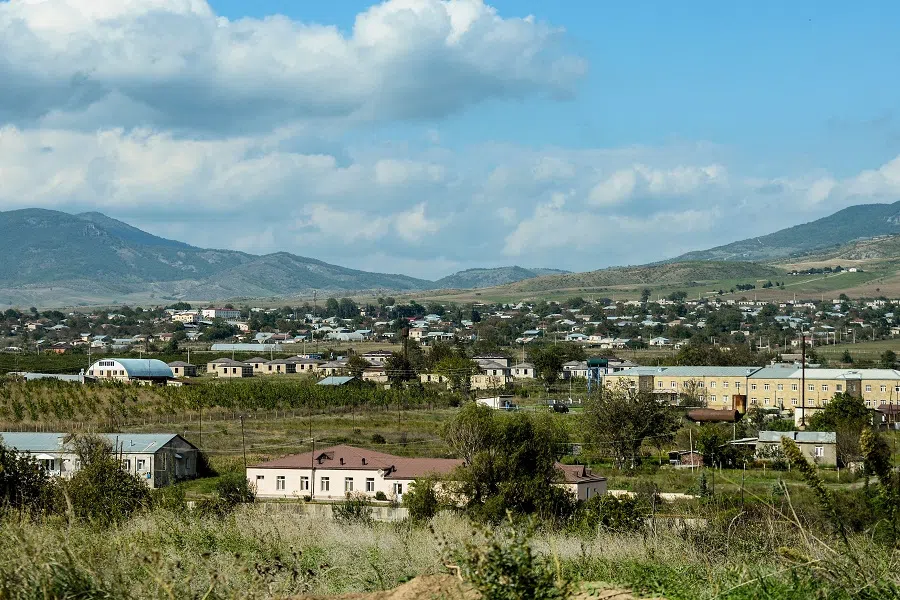
And why has the West not intervened? They are tired enough of handling Ukraine, while the US is preoccupied with facing off with China, even as Hamas threw a spanner in its original plan to mediate between Israel and Saudi Arabia. All this has created an opportunity and opening for Azerbaijan to make a move. This time, the lost territory was won back with almost no bloodshed, in a win for both Azerbaijan and Turkey. Russia took a hit, while the West took no action - Armenia lost out and can only beat its breast in regret.
In this global game of chess, the big nations are tussling while the small nations are also making moves, albeit at differing levels.
One cannot help but be reminded of what happened in 1967: the leaders of Indonesia, Malaysia, the Philippines, Singapore and Thailand were inspired to set aside their differences and stop fighting, forming the Association of Southeast Asian Nations (ASEAN), in what was without a doubt an unexpected move.
One has to be impressed by the foresight and guts of whoever made such a move. Their shrewd vision allowed them to identify an opening in international relations at the right time, leading to a regional security development framework for Southeast Asia that still exists today - they have accomplished great deeds and made history. Such political heights are beyond those who are fighting for the return of a few inches of territory.
China-US rivalry
Coming back to the world today, China-US rivalry is certainly the most important theme. It is an elephant fight like no other, as any slight change can affect other countries around the world. The US sees China as a strategic competitor and adopts an "invest, align, compete" strategy towards it - investing more in its own competitiveness; aligning with its allies; and competing with China. The general idea is to do everything possible to weaken the opponent's competitiveness and not allow them a chance to surpass oneself.
... it has to carefully put its opponent in a chokehold, while ensuring that it continues to enjoy the many benefits the opponent brings.

As many people have already pointed out, the relationship between the US and China today is very different from the relationship between the US and the Soviet Union in the past, especially in that the American and Chinese economies are closely interconnected and mutually beneficial.
Economic factors
China's enormous market is not strictly necessary for US businesses, but it is also not something they can lightly abandon; affordable Chinese goods also satisfy the needs of American consumers, bringing many benefits. Thus, it has to carefully put its opponent in a chokehold, while ensuring that it continues to enjoy the many benefits the opponent brings.
At the same time, while the US's interest rate hikes have prompted the return of capital and reaped benefits from around the world, the US also has to alleviate inflationary pressures on the people, which is where Chinese goods come in handy.
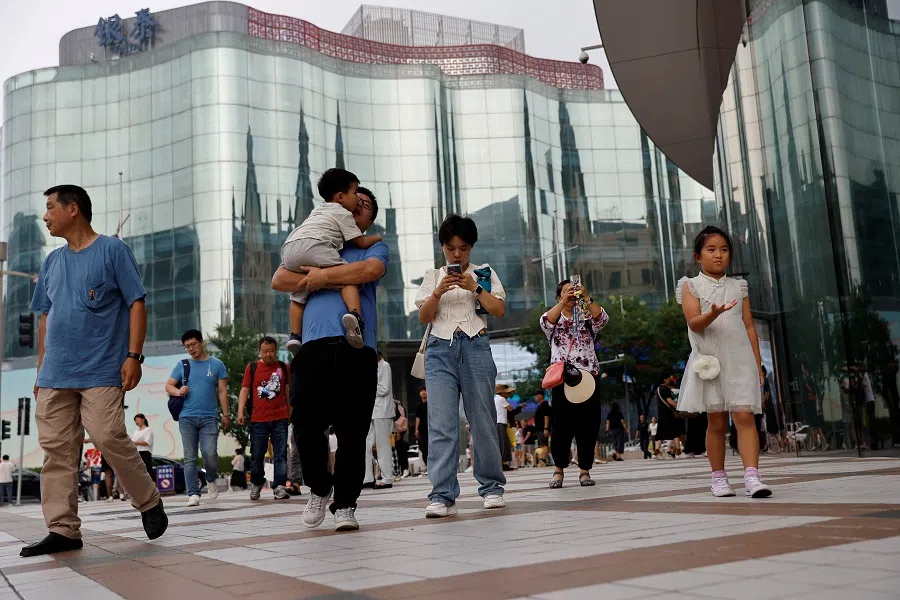
The Chinese are aware of the US's intentions as well, and they want to keep fighting without breaking (斗而不破). As they think of various measures to overcome the challenges thrown at them, they also seize on opportunities and openings in international relations, dancing with the wolves whilst constantly manoeuvring. Despite the blockade on China's technological sector, US-China trade is in fact growing.
Different politics
The political situations in the two countries are very different, and the Chinese have always been able to patiently wait for opportunities and openings. Besides dealing with the situations in Ukraine and Gaza, the US also has to handle the upcoming elections, which means that it would have to create some diplomatic openings to ease the domestic political situation. Senior US officials such as US Secretary of the Treasury Janet Yellen and US Secretary of State Antony Blinken have visited Beijing, while the California governor has also gone to China.
Subsequently, Chinese foreign minister Wang Yi also visited Washington, and not only spoke with Blinken and US national security adviser Jake Sullivan but also met US President Joe Biden. It is generally believed that this trip was to pave the way for the Xi-Biden meeting in November.
... I hope that Chinese and American political leaders would not only seize the opportunity to resolve their conflict through dialogue, but also behave like world powers, show vision and have the interests of the world at heart...
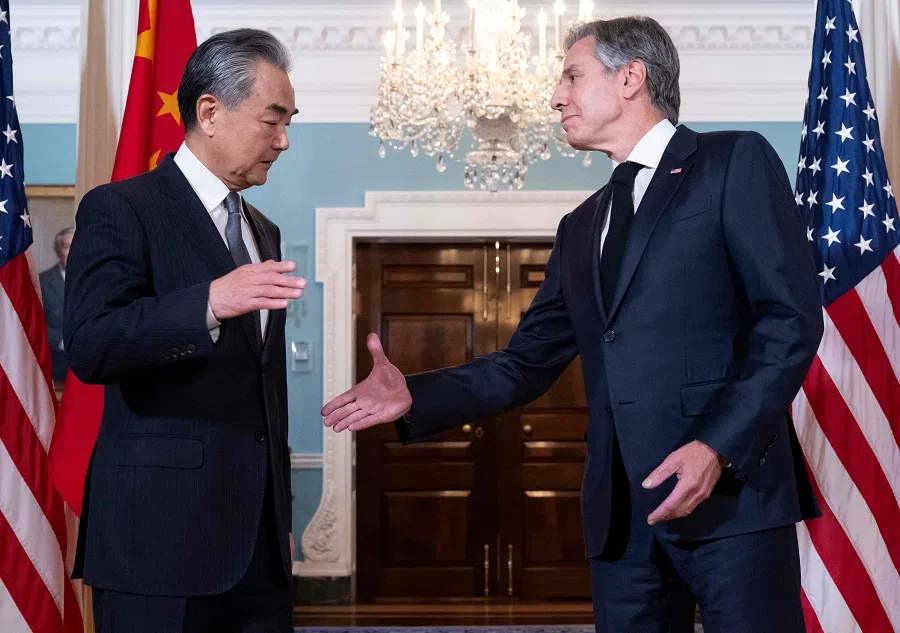
Washington has something to gain from Beijing, while Beijing indeed has internal issues to deal with right now. Following the three-year pandemic, China's economic recovery remains slow and it urgently needs to revive the crisis-ridden property market. At the recent FutureChina Global Forum, Ang Yuen Yuen, a Singaporean economist teaching in the US, noted from her visit to China that she felt "a real sense of social despondency on the ground that I've never seen before".
In any case, as the Westerners say, "To jaw-jaw is always better than to war-war". In today's chaotic world, as someone from ASEAN, I hope that Chinese and American political leaders would not only seize the opportunity to resolve their conflict through dialogue, but also behave like world powers, show vision and have the interests of the world at heart, thereby opening up a path of peace for the world, just like after World War II, when great power relations and the world order were reorganised to build a world of great unity. If so, this would be an outstanding contribution that would be remembered for generations to come.
This article was first published in Lianhe Zaobao as "国际关系中的时机和缝隙".



![[Big read] When the Arctic opens, what happens to Singapore?](https://cassette.sphdigital.com.sg/image/thinkchina/da65edebca34645c711c55e83e9877109b3c53847ebb1305573974651df1d13a)

